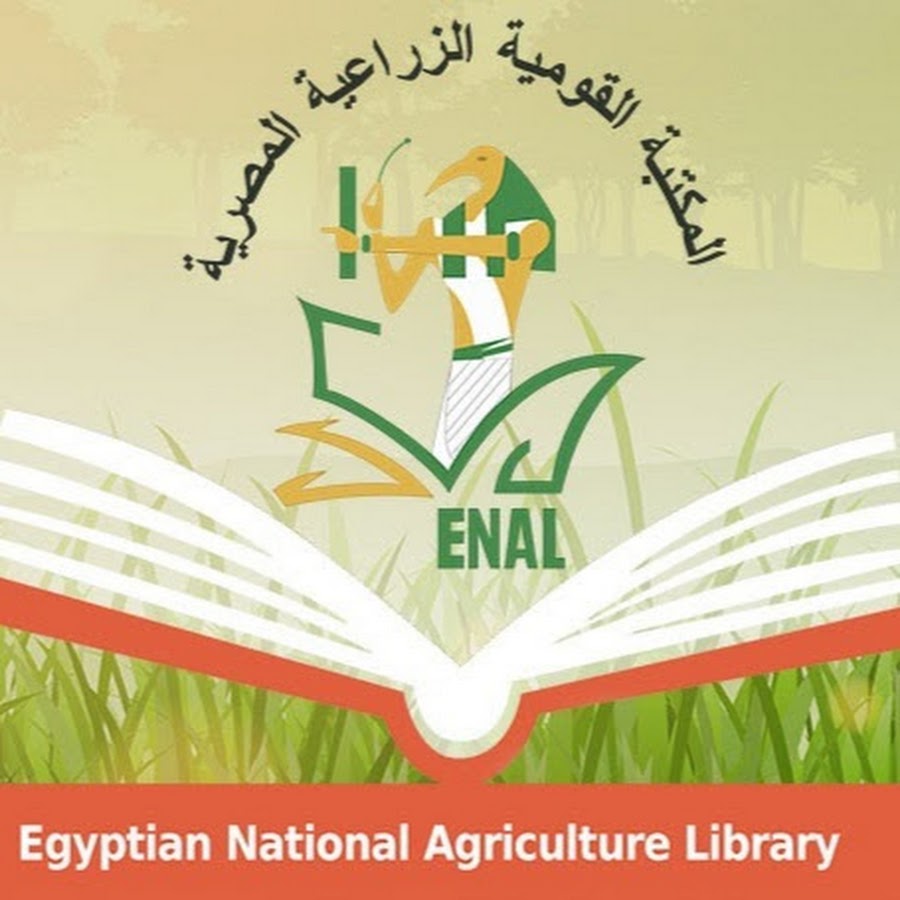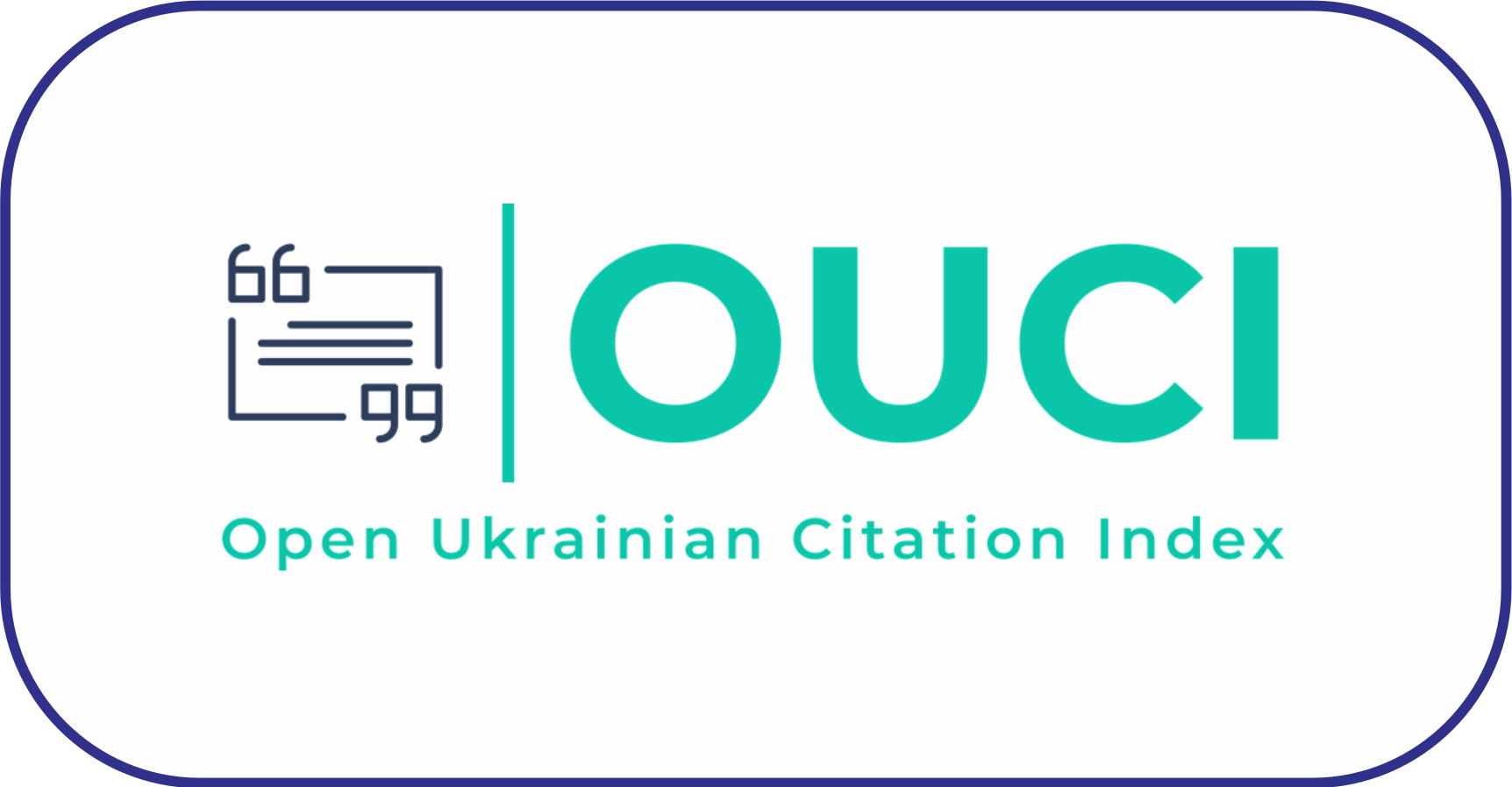ISSN: 3079-174X
Propose Special Issue
As the Lead Guest Editor of a Special Issue, you have the opportunity to play a key role in advancing scientific communication. By fostering continued research in critical areas, you not only contribute to the scholarly conversation but also enhance your editorial skills and improve your academic profile. Numerous additional benefits come with the role of a Guest Editor.
The following sections provide guidance on constructing and submitting a Special Issue proposal. They also outline the responsibilities you would undertake as a Lead Guest Editor or Guest Editor upon approval of your proposal.
Understand the Journal's Scope
Familiarize yourself with the scope and focus of the journal to ensure your proposed topic aligns with its aims and objectives. Review previously published Special Issues to avoid overlap and to understand the level of specificity expected. Ensure that your proposed topic complements, rather than duplicates of existing or upcoming Special Issues.
Choose a Relevant and Timely Topic
Select a topic that aligns with your research interests and expertise. Identify emerging trends or areas of increased interest within your field. Attend conferences, read recent publications, and engage with your academic community to stay informed. Ensure that the proposed topic is both broad enough to attract sufficient submissions and narrow enough to maintain cohesion within the Special Issue.
Clear and Specific Title
Develop a title that clearly reflects the scope of the Special Issue. Specific titles provide a clear indication of the content and help attract relevant submissions. Consider the language and terminology commonly used in your field to make the title accessible to potential contributors.
Submit a Comprehensive Proposal
Use the provided submission link to submit your proposal. This often involves filling out an online form or providing a structured document. Include a concise abstract summarizing the proposed Special Issue, highlighting its significance, and explaining why it is timely. Justify why the proposed Special Issue is important and timely within the context of current research trends. Explain how the Special Issue contributes to the overall goals and scope of the journal.
Highlight Guest Editors' Expertise
Showcase your qualifications and those of any co-editors, emphasizing your expertise in the proposed topic. Highlight any relevant editorial experience to strengthen your proposal.
Emphasize the Potential Impact
The Special Issue has the potential to significantly advance knowledge in the field by bringing together a diverse set of perspectives and research. The collection of articles will help address current challenges or gaps in understanding by offering fresh insights, innovative methodologies, and new findings. By focusing on emerging trends or underexplored areas, this issue will enhance the depth of knowledge, stimulate further research, and provide solutions to ongoing issues in the field.
Engage with the Review Process
As part of the review process, the guest editorial team will be responsible for obtaining two positive review reports from relevant experts in the field both nationally or internationally. However, it is important that the experts have official/institutional email addresses (i.e., not Gmail, Yahoo, Hotmail, etc.) to ensure professionalism and credibility in the review process. Once the guest editorial team contacts the experts and receives the review reports, these should be shared with the authors of the papers. The authors are then expected to revise their manuscripts based on the feedback and suggestions provided by the reviewers. After the revisions are made, the guest editorial team should gather the revised manuscripts along with the completed review reports and submit them to the journal’s editorial team for further review and consideration for publication. It is essential to address all feedback promptly, maintain clear communication with both reviewers and authors, and ensure that all documents are submitted on time for smooth processing.
Be Open to Collaboration
Consider collaborating with researchers who share an interest in the proposed topic. Collaborative efforts can enhance the quality and diversity of submissions. By carefully following these steps, you can increase the likelihood of your Special Issue proposal being accepted and contribute meaningfully to the advancement of research in your field.
Guide for Special Issue Proposal
In order to submit a special issue proposal, you simply need to form a group of co-editors, provide title and description of your research topic, and identify potential authors.
Group of Guest Editors
Research topics are edited by a team of Guest Editors (Topic Editors), who will be acting as handling editors for the manuscripts submitted to this collection. Guest Editors should come from different institutions and regions in order to expand your network and help prevent conflicts of interest. Please send us your institutional webpage or CV, in English, and also for each Guest Editor.
Are there any conflicts of interest for you or the Guest Editors? If so, please provide details and a brief explanation.
Title and Description of the Research Topic
TITLE - Max. 20 words
KEYWORDS - Min. 6 keywords
DESCRIPTION - Your description will serve as your call for participation and will appear online. It should include background information as well as details for potential authors. It should be written like an abstract and should not include references. Maximum 500 words.
Background (approx. 100-150 words)
Provide brief background information on the area of research to give context to the Research Topic.
Goal (approx. 100-200 words)
Present the problem that you would like to address in this research topic and what can be done to achieve it including recent advances.
Scope and Information for Authors (approx. 100-150 words)
Define the scope of the research topic, listing specific themes you would like contributors to address. Indicate the types of manuscripts you are interested in.
Choose the journal’s section that best matches the scope of your research topic.
List of Potential Contributors
Provide a list of potential contributors (their names, country and email addresses) who you think may be interested in submitting a manuscript to your Research Topic. We suggest making this list varied in terms of affiliation and geographic distribution, as this helps make sure the reach of your Research Topic will be as broad as possible. You do not need to contact your potential authors at this early stage.
Deadlines
We will automatically set the deadline for the abstract submission at 4 months after the acceptance of your proposal, and 8 months for the manuscript submission. These deadlines can be changed just before the call for participation is sent. Please let us know if you prefer a different deadline.
Recruiting an Editorial Team
Special Issues are led by a single Lead Guest Editor and a team of 3 - 6 Guest Editors. Guest Editors are integral to the success of a Special Issue. They are responsible for:
- Managing the peer review process of submitted manuscripts
- Making final decisions on submitted manuscripts
The Lead Guest Editor is the main point of contact throughout the course of the Special Issue, from submission of the proposal through to the peer review of submitted manuscripts. In addition to editorial tasks, it is the responsibility of the Lead Guest Editor:
- To liaise with the Content Development team during the assessment of the Special Issue proposal and make any requested revisions to the proposal
- To communicate with the rest of the Guest Editor team during the assessment of the proposal and beyond
- To assign submitted manuscripts to the most appropriate Guest Editor based on expertise
Once all manuscripts have passed peer review, we ask the Guest Editor team to write an Editorial that introduces the Special Issue.
Your proposal should state the full names and affiliations of the researchers who are willing to act as Guest Editors. The suggestions of all Guest Editors undergo a routine screening and verification process by the Content Development team. It is therefore important to suggest colleagues with a strong publication record within the scope of the proposed topic to ensure that they meet our criteria. If any suggested Guest Editors do not meet our criteria, AAB reserves the right to request that Guest Editors be removed and/or replaced. It is also important that all Guest Editors have enough time to commit to handling manuscripts throughout the course of the Special Issue. An individual can only act as a Guest Editor of up to two open Special Issues at one time.
Submission
If you possess an innovative idea for a Special Issue suitable for Advances in Agriculture and Agriculture, we encourage you to please download the special issue proposal form and complete the required information. Once the form is filled out, you can submit it using one of the following two ways:
Option 1: Quick Submission
Option 2: Email Submission
Please submit your complete special issue proposal form at the following email address:
editor@aabinternational.com
Please type "Special Issue Proposal Form – Advances in Agriculture and Biology” as the subject of your email.
We strongly recommend that you look at the open Special Issues in the journal before submitting your proposal in order to understand the structure and level of detail.
Preparing a Call for Papers
Prepare a Call for Papers for your Special Issue proposal, which will be evaluated by the Editorial Board of the journal. If approved, this Call for Papers will serve as a guide for researchers to locate the Special Issue and submit their manuscripts. Ensure that your Call for Papers offers sufficient context to attract submissions while maintaining conciseness. Concise proposals are more likely to attract the interest of eligible researchers, resulting in superior contributions. Clearly and efficiently convey the focus of the Special Issue within a concise 400-word limit.


























